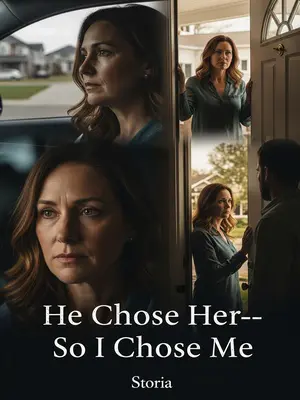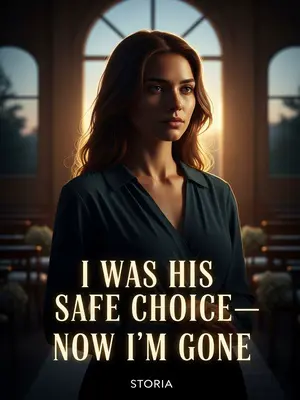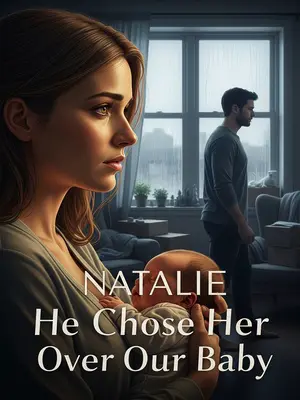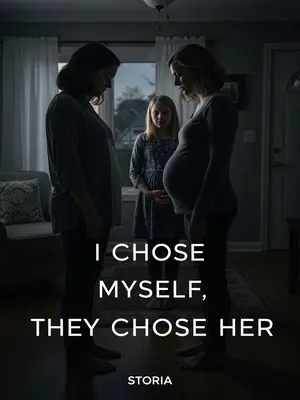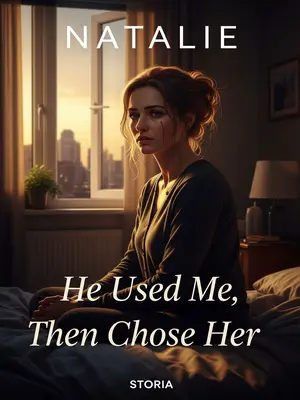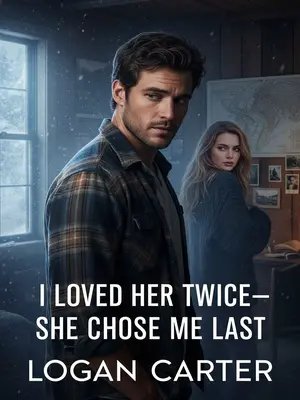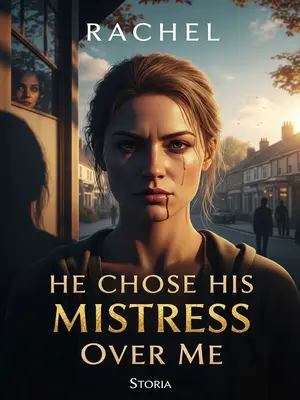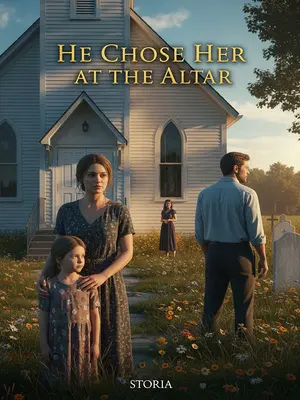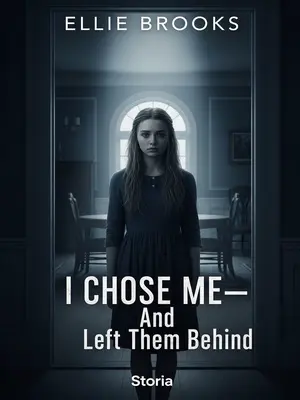Chapter 4: Secrets, Sickness, and Sacrifice
The next morning, I brought breakfast for Caleb, but he was nowhere to be found. His homeroom teacher told me he’d called in sick. I was worried, so I asked where he lived, but the teacher wouldn’t say. I tried asking his classmates, but they all stayed silent.
It was like hitting a wall. No one wanted to betray Caleb’s trust.
Clearly, they were protecting him.
I respected that, but it made me worry even more.
I remembered seeing Caleb walk toward a nearby alley after school. I didn’t know if he still lived there, but I decided to try my luck.
I pulled my jacket tight and set off, determined to find him.
Our town is small. Some people rent out two- or three-story houses, others live in old, single-story homes. Since Caleb said his family was poor, I skipped the apartment buildings and asked around the old houses.
I knocked on doors, smiled at strangers, followed every lead. Most folks were kind, pointing me in the right direction.
After asking at more than ten places, I finally found Caleb at the end of the alley.
He answered the door, eyes bleary, wrapped in a threadbare blanket. Relief washed over me.
He lived in a makeshift room built by the landlord to make extra money. No windows, but the rent was dirt cheap.
The place smelled of damp and old cabbage. My heart broke a little.
I knocked and called his name. Caleb coughed for a bit before opening the door.
His cough rattled in his chest, harsh and persistent. He barely looked at me.
He looked even more flushed than before.
Sweat beaded on his forehead. He looked like he hadn’t slept in days.
He didn’t say much, just stumbled back to bed, wrapped himself up, and asked me to close the door—there was a draft. Then he asked why I was there.
His voice was muffled, almost apologetic. I closed the door, trying not to cry.
With the door open, the place seemed to have a little light. Once closed, the yellow bulb, coated in grease, was barely brighter than a candle.
Shadows danced on the walls. It felt more like a cave than a home.
He said he was poor, but I hadn’t realized it was this bad.
It was a reality check. I’d never known anyone who lived like this.
Maybe a hundred square feet. A bed, a desk, a makeshift rack for clothes. A camp stove. A cabbage, two potatoes, and a box of noodles on the floor.
It was survival, not living. I swallowed hard, determined to help.
A bottle of oil, and nothing but salt for seasoning.
No comfort food, no treats. Just the bare minimum to keep going.
The whole room felt dark, damp, and lifeless.
I shivered, pulling my coat tighter. Caleb didn’t seem to notice.
If I hadn’t seen it myself, who would believe the top student in the grade was living like this—just surviving.
It was a secret he carried alone. I felt honored that he let me see it, even by accident.
“Did you take any medicine?”
I tried to keep my voice steady, but worry crept in.
Caleb shook his head. “Sweating it out will do the trick.”
He sounded so sure, but I knew better. I wouldn’t let him brush it off.
What an answer—nothing like a star student.
I rolled my eyes. But inside, I was scared. He needed real help.
I forced him to go to the doctor. He had a fever of 103, cough, runny nose, and blood tests showed low iron and calcium. If he kept coughing, he’d end up with pneumonia.
I dragged him to urgent care, ignoring his protests. The doctor shook his head, muttering about stubborn kids.
As he got an IV, Caleb met my sharp gaze and calmly said, “Before, I just sweated it out for a day and night.”
He shrugged, like it was no big deal. I glared, determined to keep him safe.
I remembered how, back when we were lab partners, he once took sick leave and then had a runny nose for over a month. I thought it was allergies, but it must have been a lingering cold.
It all made sense now. He’d been suffering in silence, too proud to ask for help.
“Caleb, hang in there for another hundred days or so. After that, the sky’s the limit.”
I squeezed his hand, hoping he believed me. He smiled, eyes shining with hope.
Caleb just smiled, but his eyes shone.
I saw something there—gratitude, maybe, or just relief at not being alone.
At noon, I went home and had my mom make chicken noodle soup.
She didn’t ask questions, just got to work. The smell filled the house, warm and comforting.
She was heartbroken when she heard about Caleb’s condition and living situation.
She wiped her eyes, muttering, “No kid should have to live like that.” I promised we’d help him.
I knew my mom liked Caleb because he was such a good kid. And me? I had my own reasons, too.
He was more than just a study partner. He was a friend, maybe even something more.
But that didn’t matter. What mattered was that, after the storm, we’d both see a rainbow.
We were in this together now, come what may.
When the soup was ready, I brought it and some practice papers to the hospital.
Caleb tried to act tough, but I could see the gratitude in his eyes. He slurped the soup, grumbling about the taste, but I knew he loved it.
Caleb said he’d be fine after the IV, but I insisted he stay two days. For him, Harvard and MIT were already within reach—what he needed was rest.
He argued, but I stood my ground. The nurses smiled, calling me his little boss.
The hospital stay and treatment cost over four hundred dollars. Caleb awkwardly handed me an IOU. I glanced at it and tore it up in front of him.
He protested, but I just grinned. Some debts can’t be measured in dollars.
“Caleb, the money you owe is measurable, but what I’ve learned from you is priceless.”
I gave him a big smile. “So, let me be the grateful one.”
I gave him a big smile. “So, I need to be grateful.”
He blushed, muttering something about stubborn girls. I laughed, feeling lighter than I had in ages.
Besides, compared to where we’ll be in seven or eight years, this is nothing.
I pictured us in the future—successful, happy, free. It kept me going.

